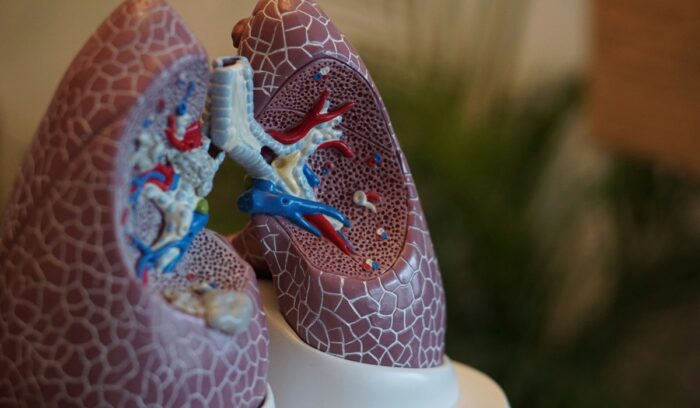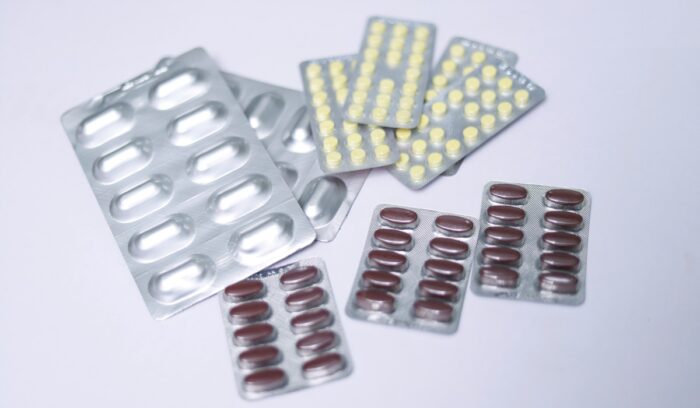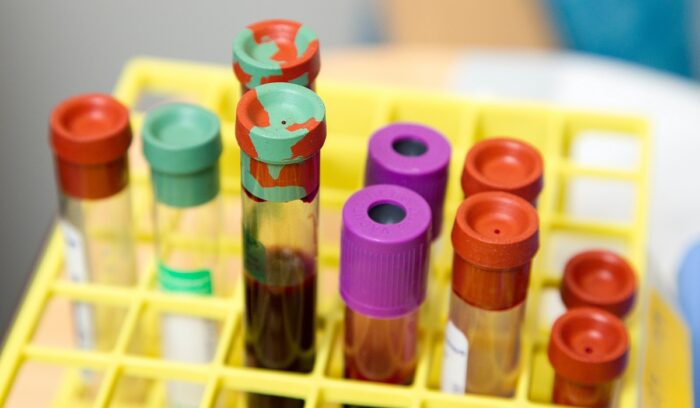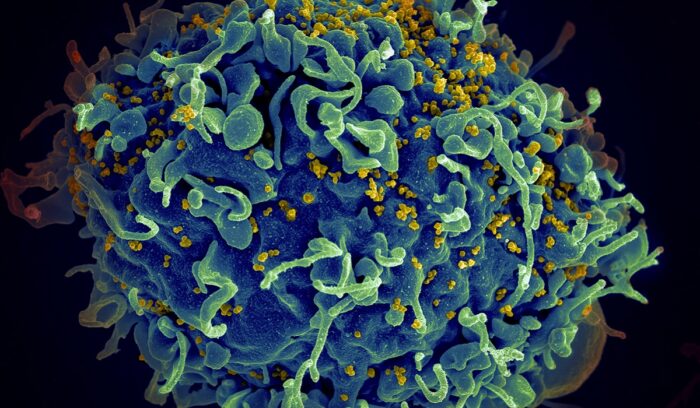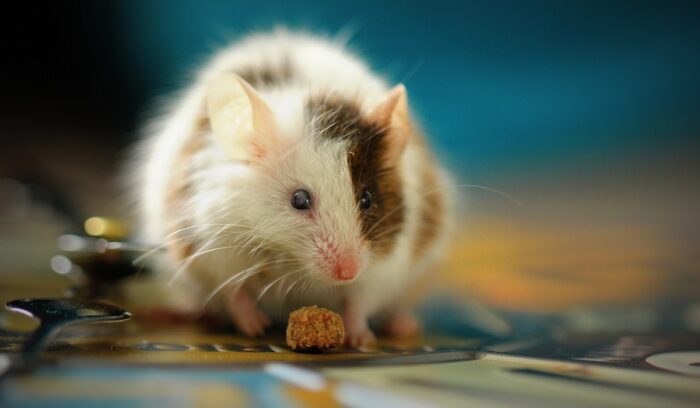Aetna to start covering IUI in the U.S.
Medical insurance company Aetna just announced that it’s going to be providing additional fertility coverage, specifically offering intrauterine insemination (IUI), to all policyholders regardless of sexual orientation or whether they’re partnered. This comes after a settlement agreement from a lawsuit earlier this year which stated that Aetna has to provide such care for LGBTQ+ people. The case, Goidel et al. v. Aetna, was filed in September 2021 and only came to a resolution in May after years of waiting and legal battles.


